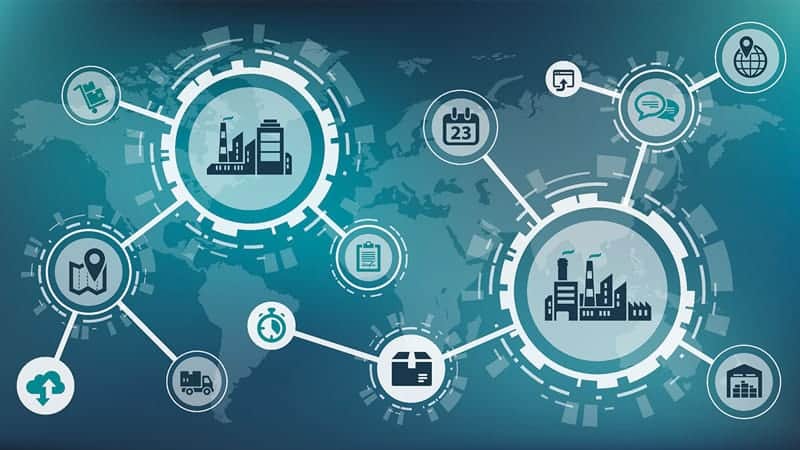Table of Contents
The Future of Supply Chains
As the world moves further into the 21st century, the supply chain industry is transforming to keep pace with the rapidly evolving technology and customer demands. We have seen an increased focus on customer experience, a need for more efficient operations and processes, and a shift towards a more sustainable supply chain.

In the next 10 years, supply chain management will look drastically different than it does today, with new trends and technologies expected to emerge. In this blog post, we will explore the future of supply chains and make predictions and trends for the next decade.
We will look at the implications of recent technological advances and how they will shape the way goods are managed, manufactured, and delivered.
We will also consider the challenges organizations will face as they adapt to a changing landscape and how they can ensure their supply chain remains competitive. Lastly, we will look at the impact of sustainability and how organizations can use this to their advantage in order to remain competitive in the years to come.
Increasing Use of Automation
Automation is becoming increasingly commonplace in supply chain management, as well as in many other industries. Automation can streamline workflows and help businesses save money on labor costs.
Additionally, automation can help reduce mistakes, improve accuracy and responsiveness, and increase efficiency in operations. By using automated systems, businesses can not only save money but also increase visibility into their supply chains. In the next decade, we can expect to see an increased use of automation in supply chain management, as businesses look for ways to increase their efficiency and lower their costs.
Improved Logistics Strategies
Over the next decade, improved logistics strategies will be essential in successfully managing supply chains. Companies will need to ensure that they have a comprehensive understanding of the customer’s needs, as well as the ability to quickly and accurately deliver products.
To do this, companies will need to invest in analytics solutions, such as predictive analytics and advanced analytics, to gain insights into their customers’ buying patterns.
Additionally, companies will need to invest in automation technologies such as robotics and machine learning to optimize warehouse operations and reduce delivery times. By leveraging these technologies, companies can ensure that their supply chains are agile and responsive to changing customer needs.
Greater Focus on Sustainability
In the next decade, supply chain operations will become more sustainable. Companies will place greater emphasis on reducing their environmental impact and drive more positive changes in their supply chain.
This will include investments in plastic-free packaging, renewable resources, carbon-neutral shipping, and other efforts to reduce waste. Additionally, there will be an increase in the adoption of sustainability metrics and reporting across the entire supply chain, ensuring that all stakeholders have visibility into the progress that is being made. Finally, companies will look to partner with other organizations to further their sustainability initiatives, creating a larger impact.
The Supply Chain Control Tower efficiently manages and monitors the flow of goods, information, and resources throughout the entire supply chain network.
Leveraging Big Data and Analytics
In the upcoming decade, leveraging big data and analytics will be a major focus for supply chain optimization.
With the availability of advanced technologies and data-driven insights, the ability to monitor and analyze supply chains in real-time has become increasingly feasible. Companies can leverage big data and analytics to effectively plan their inventory, optimize their supply chain processes, and identify pain points and areas of improvement in their operations.
By leveraging big data and analytics, companies can reduce costs, increase efficiency, and improve customer satisfaction.
Adoption of Cloud Technologies
As the world moves towards an increasingly digitalized economy, the adoption of cloud technologies by supply chain organizations is expected to be one of the major trends in coming years.
The cloud provides businesses with a secure, cost-effective, and highly scalable platform for storing, managing, and analyzing supply chain data. Cloud-based solutions enable businesses to collect and analyze data from multiple sources in real-time, which can then be used to automate and streamline operations, increase efficiency, and reduce costs.
Furthermore, cloud technologies enable organizations to quickly scale up or down as their needs change, making them more agile and responsive to the rapidly changing demands of the modern market.



